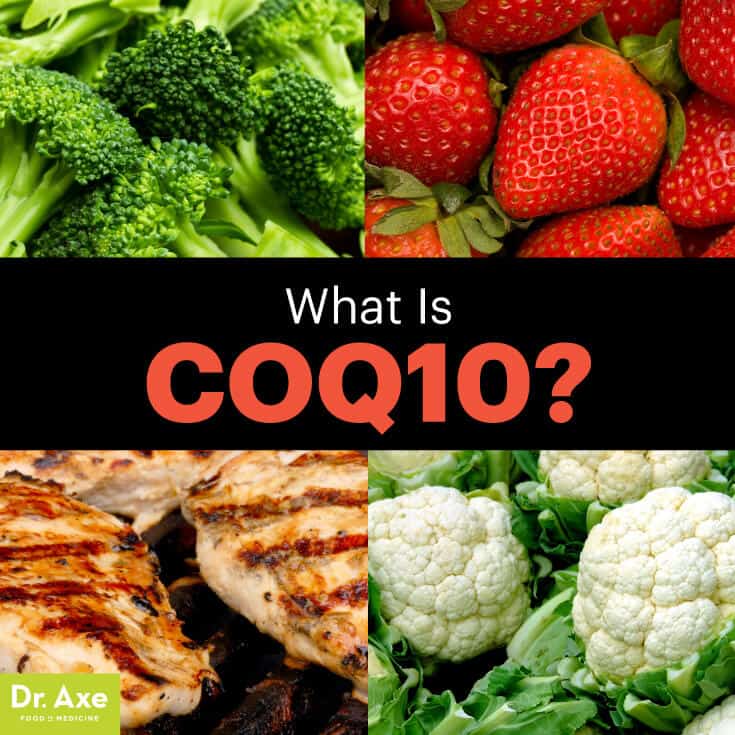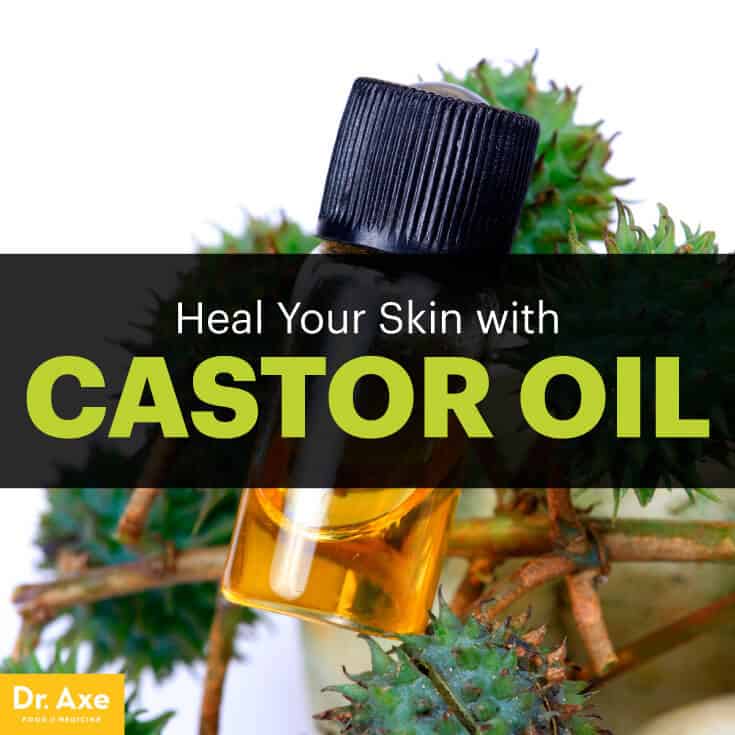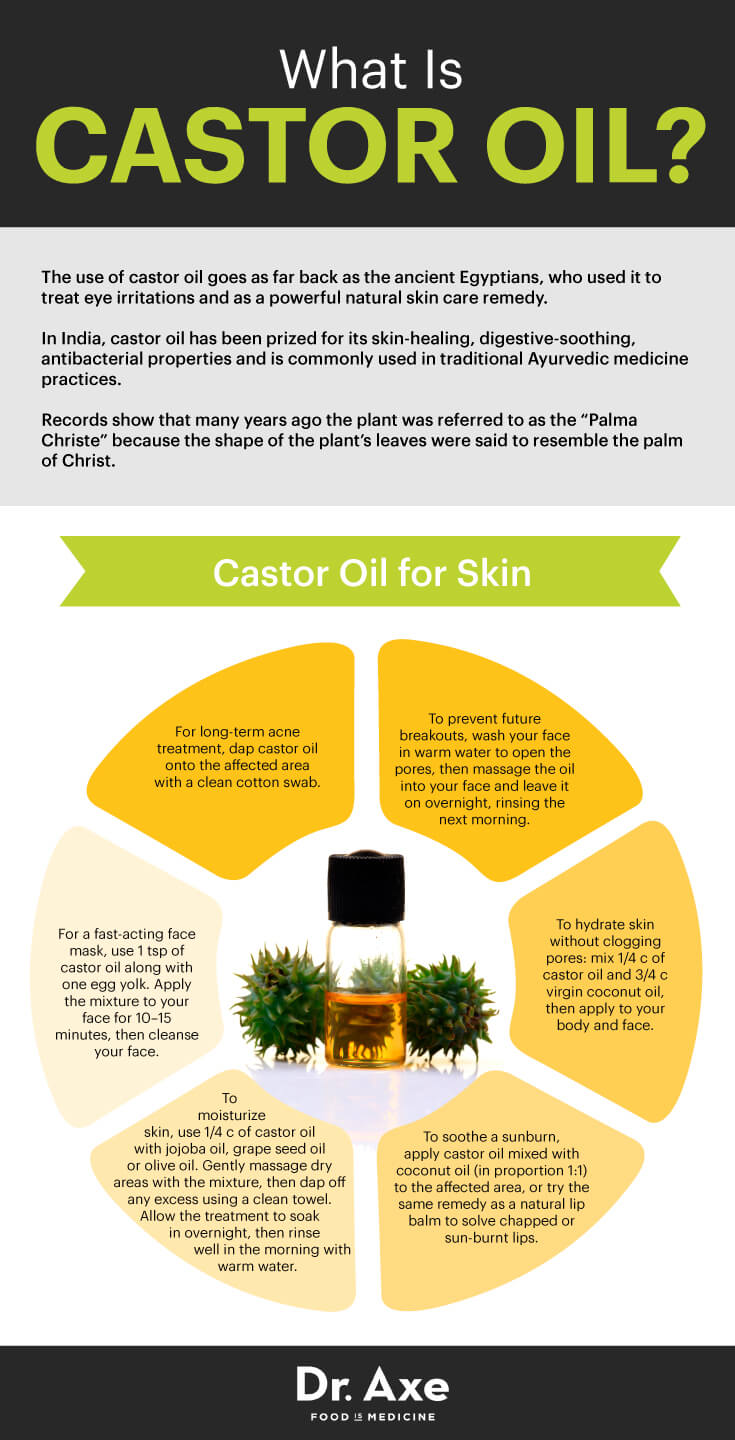*************************************************************************
CoQ10 (short for Coenzyme Q10) is an essential element for many daily functions and is required by every single cell in the body. As an antioxidant that protects cells from the effects of aging, CoQ10 has been used in medicine practices for decades, especially in the case of treating heart problems.
Still today, one of the most common and thoroughly researched uses of CoQ10 is helping protect the heart and blood vessels from the damaging effects of oxidative stress (also called free radical damage). Many consumers turn to CoQ10 supplements to help manage health conditions, including heart arrhythmia, high blood pressure, coronary artery disease, atherosclerosis and congestive heart failure.
Research shows that patients with other inflammatory health conditions, such as breast cancer, diabetes, viruses and infertility, may also find these supplements helpful for both prevention of complications and treatment of symptoms.
What Is CoQ10?
The name may not sound very natural, but CoQ10 is in fact an essential nutrient that works like an antioxidant in the body. In its active form, it’s called ubiquinone or ubiquinol. It’s synthesized within the body naturally and used for important functions, such as supplying cells with energy, transporting electrons and regulating blood pressure levels. (1) The reason it’s not considered to be a “vitamin” is because all animals, including humans, can make small amounts of coenzymes on their own even without the help of food.
How CoQ10 Works:
- To sustain enough energy to perform bodily functions, inside our cells tiny organelles called mitochondria take fat and other nutrients and turn them into useable sources of energy. This conversion process requires the presence of CoQ10.
- As a “coenzyme,” CoQ10 also helps other enzymes work to digest food properly.
- CoQ10 is not only necessary for producing cellular energy, but also for defending cells from damage caused by harmful free radicals.
- Coenzyme Q10 can exist in three different oxidation states, and the ability in some forms to accept and donate electrons is a critical feature in its biochemical functions that cancel out free radical damage.
- As a powerful antioxidant, CoQ10 can increase absorption of other essential nutrients. It’s been shown that it helps recycle vitamin C and vitamin E, further maximizing the effects of vitamins and antioxidants that are already at work in the body.
- Although the body has the ability to make some CoQ10 on its own, production naturally declines as we age — just when we need our cells to help defend us most. This means we can all benefit from consuming more CoQ10, both naturally within from our diets, and also from high-quality supplements.
Who Should Take CoQ10?
According to work done by Oregon State University, natural synthesis of CoQ10, plus dietary intake, appears to provide sufficient amounts to help prevent deficiency in healthy people — however as explained above, the body produces less CoQ10 as someone gets older. (2)
The natural ability to convert CoQ10 into its active form called ubiquinol declines during the aging process. This decline is most apparent in people over the age of 40, particularly those taking statin drugs. It’s also been found that people with diabetes, cancer and congestive heart failure tend to have decreased plasma levels of coenzyme Q10.
For these reasons, CoQ10 is recommended most for people with heart problems. This can include anyone suffering from:
- A history of heart attacks or coronary heart disease
- High cholesterol (especially when taking statin drugs!)
- High blood pressure
- Atherosclerosis
- Angina
- Mitral valve prolapse
In addition to supporting a healthy cardiovascular system, CoQ10 has also been found to have the following benefits:
- Helps lower fatigue and boosts stamina
- Defends against free radicals and typical signs of aging, including muscle loss and skin changes
- Restores the power of antioxidants, including vitamin E and vitamin C
- Stabilizes blood sugar
- Supports healthy gums
- Reduces muscular dystrophy
- Helps treat cognitive disorders, including Parkinson’s disease and Alzheimer’s
- Results in metabolic improvement in patients with hereditary mitochondrial disorders
- May be able to help treat other conditions, including cancer, hormone imbalances, diabetes, viruses and infections
6 Benefits of CoQ10
1. Sustains Natural Energy
CoQ10 plays a role in “mitochondrial ATP synthesis,” which is the conversion of raw energy from foods (carbohydrates and fats) into the form of energy that our cells use called adenosine triphosphate (ATP). This conversion process requires the presence of coenzyme Q in the inner mitochondrial membrane. One of its roles is to accept electrons during fatty acid and glucose metabolism and then transfer them to electron acceptors. (3) The process of making ATP has many benefits, from preserving muscle mass to helping regulate appetite and body weight.
2. Reduces Free Radical Damage
Oxidative damage (or free radical damage) of cell structures plays an important role in the functional declines that accompany aging and cause disease. As a fat-soluble antioxidant, CoQ10 has been found to inhibit lipid peroxidation, which occurs when cell membranes and low-density lipoproteins are exposed to oxidizing conditions that enter from outside the body.
In fact, when LDL is oxidized, CoQ10 is one of the first antioxidants consumed to help offset the effects. Within mitochondria, coenzyme Q10 has been found to protect membrane proteins and DNA from the oxidative damage that accompanies lipid peroxidation and neutralize free radicals directly that contribute to nearly all age-related diseases (heart disease, cancer, diabetes, etc.).
3. Can Improve Heart Health and Offset Effects of Statin Drugs
Although experts feel that additional well-controlled clinical trials are still needed to prove its effects, CoQ10 has strong potential for prevention and treatment of heart ailments by improving cellular bioenergetics, acting as an antioxidant and boosting free radical-scavenging abilities. A 2015 report published in Frontiers in Bioscience referenced earlier stated that “CoQ10 deficiencies are due to autosomal recessive mutations, mitochondrial diseases, aging-related oxidative stress and carcinogenesis processes, and also a secondary effect of statin treatment.”
What we do know is that CoQ10 supplementation seems to be useful for those taking statins, since it lowers side effects that they often cause. Statins are used to reduce an enzyme in the liver that not only decreases the production of cholesterol, but also further lowers the natural production of CoQ10. It’s now widely accepted that CoQ10 can interact with lipid lowering medications that inhibit the activity of HMG-CoA reductase, a critical enzyme in both cholesterol and coenzyme Q10 biosynthesis. A supplement of CoQ10 is therefore essential to restore natural levels to their optimum and counter the effects of statin drugs.

4. Slows Down Effects of Aging
Mitochondrial ATP synthesis is an important function for maintaining a fast metabolism, strength of muscles, strong bones, youthful skin and healthy tissue. Tissue levels of coenzyme Q10 have been reported to decline with age, and this is believed to contribute to declines in energy metabolism and degeneration of organs, such as the liver and heart, and skeletal muscle.
Although supplementing with CoQ10 has not been shown to increase the life span of animals that have been tested with it, researchers believe it can slow down the age-related increase in DNA damage that naturally affect us all. More research is still needed to draw conclusions, but possible anti-aging benefits of consuming more CoQ10 include decreased muscle loss, less signs of skin damage, and protection from bone or joint injuries.
5. Helps Maintain Optimal pH Levels
Within cells, CoQ10 helps transport proteins across membranes and separate certain digestive enzymes from the rest of the cell, which helps maintain optimal pH. It’s believed that diseases develop more easily in environments that don’t have proper pH levels, specifically those that are not overly acidic.
For several reasons, likely including its ability to maintain proper pH, several studies have found that CoQ10 can help improve overall immune function and might even lower risk for cancer. Starting around the 1960s, researchers began testing the effects of CoQ10 on immune function and found that people with certain types of cancers (myeloma, lymphoma, breast, lung, prostate, pancreas and colon) had reduced levels in their blood. Recently, studies involving adult women with breast cancer found that when patients supplemented with CoQ10, the women’s conditions improved. (4)
6. Protects Cognitive Health
In those with cognitive impairments, such as Parkinson’s disease, increased oxidative stress in a part of the brain called the substantia nigra is thought to contribute to symptoms. CoQ10 has been shown to offset decreases in activity of mitochondrial electron transport chains that affect nerve channels and brain function, and studies show that people with cognitive disorders tend to have reduced levels of CoQ10 in their blood. (5)
Several studies have investigated the effects of CoQ10 in individuals with Parkinson’s disease. One randomized, placebo-controlled trial that evaluated the efficacy of 300, 600 or 1,200 milligrams a day given to 80 people with early Parkinson’s disease found that supplementation was well-tolerated and associated with slower deterioration of cognitive functions compared to the placebo. Other trials have shown that around 360 milligrams a day taken for four weeks moderately benefited Parkinson’s disease patients. (6)
Best Ways to Increase CoQ10 Naturally: CoQ10-Rich Foods
CoQ10 is found naturally in our diets from foods, including fish, liver, kidney and the germs of whole grain. The richest natural sources of dietary coenzyme Q10 are meat, poultry and fish, but vegetarian options, such as beans, nuts, some vegetables, eggs and dairy products, are also helpful for increasing your intake. (7)
My recommendation for the very best foods for supplying CoQ10 include:
- Grass-fed beef
- Herring
- Free-range chicken
- Rainbow trout
- Sesame seeds
- Pistachio nuts
- Broccoli
- Cauliflower
- Oranges
- Strawberries
- Cage-free eggs
- Sardines
- Mackerel
Currently, there is no specific dietary intake recommendations for CoQ10 that has been established from the Institute of Medicine or other agencies. Because it’s a fat-soluble antioxidant, it’s most easily absorbed when consumed with a small amount of healthy fats (just like vitamins E and A). Although it can be obtained from certain foods, foods tend to only supply low doses, which is exactly why many experts recommend supplementing if you’re older or have a heart condition.
Symptoms of deficiency have not been widely reported or studied in much detail in the general population. It’s estimated that the average person’s diet contributes around 25 percent of total CoQ10. The best way to obtain enough is to eat a varied, nutrient-dense diet, PLUS to consider supplementing if you’re at risk for a heart-related or inflammatory condition.
How to Find and Use CoQ10 Supplements
COQ10 is found in such low quantities in most foods that even a healthy diet might be an impractical way to meet the daily recommended dosages. Taking a daily, high-quality CoQ10 supplement in capsule form (which helps with easier absorption into the bloodstream) can close the bridge between this gap.
CoQ10 Supplement Dosage:
- According to a survey done by ConsumerLab.com including over 50 CoQ10 products tested, the suggested daily serving size ranges from 30 milligrams to 1,000 milligrams daily. (8)
- Most experts recommend that adults take at least 200 milligrams daily to experience benefits.
- Those on statins or weighing over 200 pounds should consider a higher dose.
How much do these products typically cost, and how can you find a trustworthy brand?
- The cost of taking 100 milligrams ranged from 8 cents to over $3 depending on the specific brand and strength.
- What’s important, and makes a big difference in terms of the benefits you’ll get from taking supplements, is that the concentration is actually equal to the amount listed. Some products use fillers or enhancers and may even supply less of a dosage than the manufacturer claims.
- Look for products with reviews, certifications ensuring the listed dosage is correct, and as minimal preservatives or fillers as possible.
CoQ10 Precautions and Side Effects
Although it’s considered to be very safe overall and has been used in the medical field for many years, CoQ10 side effects can sometimes include: (9)
- Mild insomnia, elevated levels of liver enzymes, rashes, nausea, upper abdominal pain, dizziness, sensitivity to light, irritability, headache, heartburn and fatigue.
- Interacting with statin drugs: Coenzyme Q10 supplements can decrease the anticoagulant efficacy of statins like warfarin and other common cholesterol-lowering medications (such as those known as HMG-CoA reductase inhibitor statins). Talk to your doctor about being monitored if you take these medications.
- In some cases, CoQ10 supplementation might also lower blood sugar and cause a decrease insulin requirements. People with diabetes who are taking medications to control blood glucose should monitor their conditions if taking CoQ10.
- Always read dosage instructions and start with a lower dose, working your way up. You can minimize side effects by splitting up your daily dose in smaller doses around 100 milligrams.
- If you’re pregnant or breast-feeding, mention any supplements you’re taking to your doctor to ensure they are safe.
Final Thoughts on CoQ10
- CoQ10, also called Coenzyme Q10 or ubiquinone, is a natural substance that helps fight oxidative stress and prevent tissue damage.
- Benefits include slowing the effects of aging, protecting cognitive health, improving metabolic functions and improving heart health.
- Coenzyme Q10 is produced by the body naturally and also found in small amounts in meats, fish, nuts, seeds, veggies and eggs. However, our ability to produce and use it decreases significantly with age.
- CoQ10 supplement dosages range between 30—1,000 milligrams/daily, but some doctors recommend taking around 200—300 milligrams per day (in divided dose).


